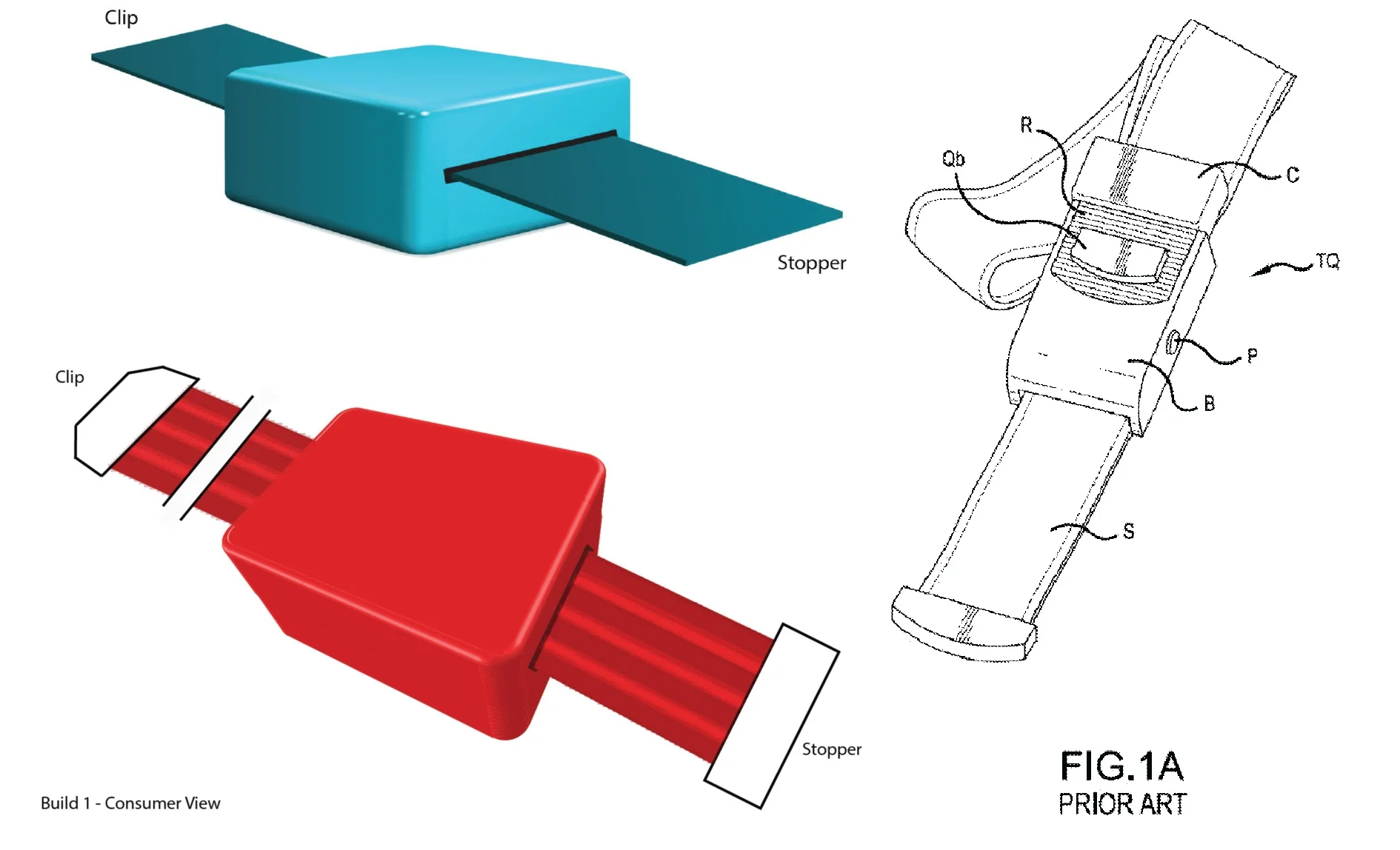Background
THE LOGGING OF A PATIENT’S TOURNIQUET USE is crucial to ensuring consistent adherence, reducing trips to the emergency room, and lowering healthcare costs for both insurers and hospitals.
For patients self-managing hemophilia, which is a chronic disease that requires administering medicine intravenously on a routine basis from home or personal environment, an adequate record of administering medicine is absolutely necessary for the clinicians who prescribe the routine regimen, the pharmacies that fill the prescription, the home care service providers that deliver medicine, the manufacturers that produce intravenous therapies, and the insurance companies that pay or reimburse. Similar considerations hold true for patients with other chronic conditions requiring the regular administration of injectable medications as well.
Since the implementation of the Affordable Card Act (ACA), the lifting of lifetime bans, and the inability for insurance companies to refuse service to people with pre-existing conditions, the need for accurate data collection from patients self-managing their chronic disease is more paramount than ever.
REDUCING THE STEPS a patient must take to remain compliant is crucial for ensuring their commitment to self care and adherence to treatment regimens.
For the purpose of this description, a two-step process of (1) a patient's adherence to administering the intravenous therapy for the prescribed routine regimen and (2) the patient accurately logging the administering of the therapy of the prescribed routine regimen will be referred to as "compliance." One of the inventors lives with severe hemophilia A and intimately understands the importance of adhering to compliance. He has witnessed the ultimate penalty for non-compliance - the unfortunate death of his sibling.
Studies have shown that the fewer the steps necessary to complete the infusion & logging process, the more likely the patient would be in compliance. Dr. Marc Lara, co-founder of the digital logging app Microhealth, reported in the article MicroHealth Helps Patients Manage Chronic Illnesses by Christine Magee at Tech Crunch that patients who properly managed their factor infusions had a 40% reduction in the devastating bleeding episodes that plague people with hemophilia. With the banning of lifetime caps and discrimination based on preexisting conditions under the ACA, insurance companies are actively seeking a system that can more accurately collect data to better understand, and ultimately reduce the cost: insurances companies spend about $300,000 annually on average for each hemophilic patient, with some patients costing insurance companies well over $1,000,000 annually.
AUTOMATING THE LOGGING PROCESS is a critical next step in the evolution of treatment adherence and recordation.
Pharmaceutical manufacturers in hemophilia regularly update the reconstitution system necessary to mix the powdered medicine with saline solution to reduce the steps required for a patient to self-administer the medicine. Technology companies also have developed digital applications with the capacity for pre-loading information to hasten the logging of the administered medicine.
Even though the applications can provide patients a way of logging and sharing logs with healthcare providers digitally, the two-step process necessary for compliance are still handled as two segregated actions, which can result in non-compliance, resulting in problems for the user, the healthcare provider, and the insurance reimbursement function. Manufacturers and insurers have not taken the necessary next step of automating the logging process, and adherence has suffered while costs rise.
IN SHORT, the single biggest problem the population faces when it comes to data collection is compliance. There still remains a need to reduce the compliance steps of infusing and logging into a single step. The Logging Tourniquet addresses these needs by presenting the most tech-forward, intuitive, and consistent mechanism for ensuring infusions are logged every time a patient uses the tourniquet.


